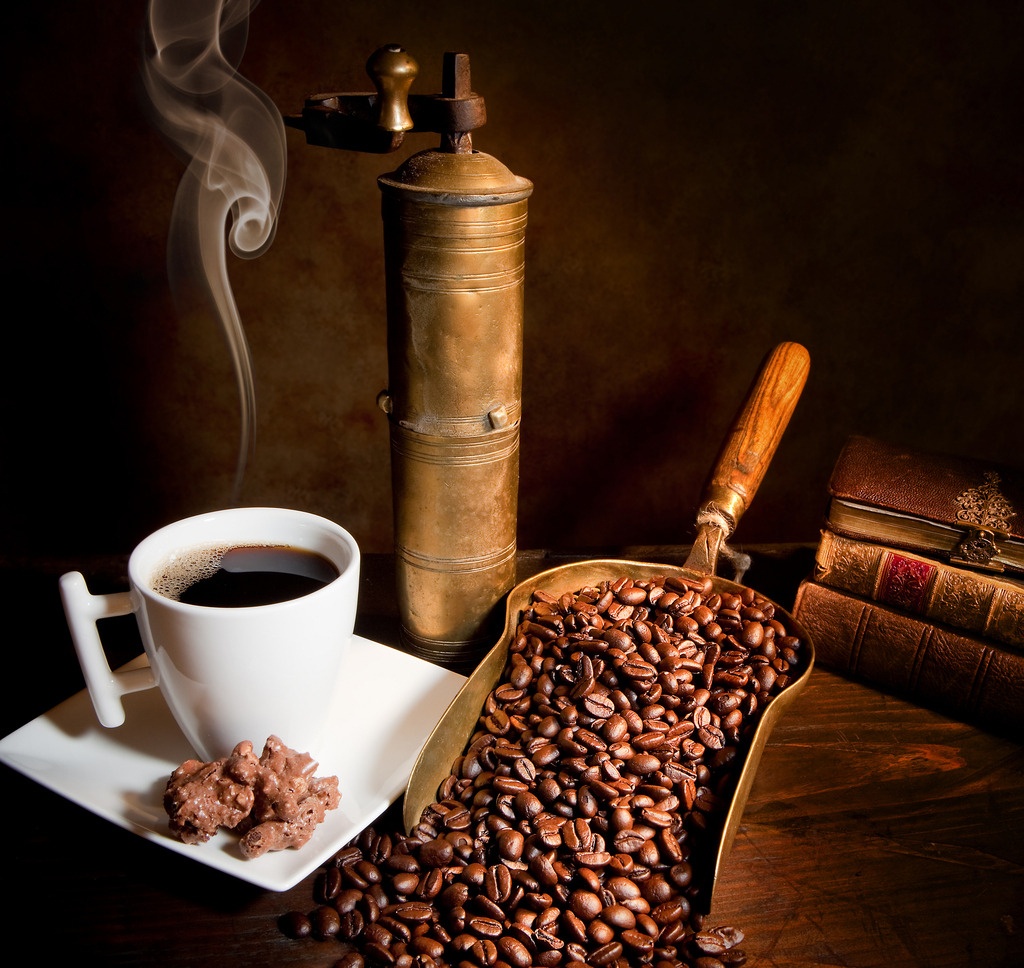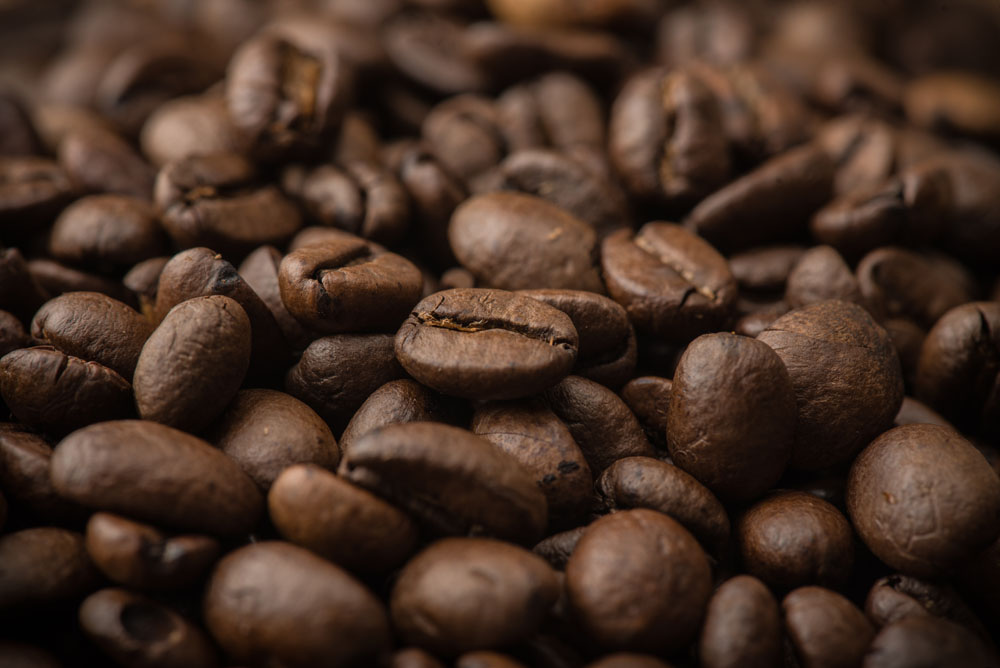Low-key, light and elegant Colombia coffee varieties Taste characteristics Manor boutique coffee beans Flavor introduction
Colombian coffee (Cafe de Colombia), which originated in Colombia, is one of the few individual coffees sold in the world under the name of the country. In terms of quality, it has won praise unmatched by other coffee. Compared with other producing countries, Colombia is more concerned with developing products and promoting production. It is this, coupled with its superior geographical and climatic conditions, that makes Colombian coffee excellent in quality and delicious and famous all over the world. Roasted coffee beans will release a sweet aroma, with sweet in the acid, bitter in the flat quality characteristics, because of the appropriate concentration, it is often used in high-grade mixed coffee. Colombian coffee exudes a light and elegant aroma, not as strong as Brazilian coffee, not as sour as African coffee, but a sweet fragrance, low-key and elegant.
The main varieties of Colombian coffee are small grains of coffee. Plants are small trees or large shrubs, 5-8 m tall, usually much branched at base; old branches gray-white, nodes dilated, young branches glabrous, compressed. Leaves thinly leathery, ovate-lanceolate or lanceolate, 6-14 cm long and 3.5-5 cm wide, apex long acuminate, acuminate part 10-15 mm long, base cuneate or slightly obtuse, rarely rounded, entire or shallowly wavy, both surfaces glabrous, lower vein axils with or without small pores; midrib raised on both surfaces of leaf, 7-13 on each side of lateral veins; petiole 8-15 mm long Stipules broadly triangular, arising from the tip of the upper part of the young branch conical or awn tip, the tip of the old branch is often protruding tip, 3-6 mm long. Cymes several clustered in leaf axils, each with 2-5 flowers, without a total pedicel or with a very short peduncle; flowers fragrant, with pedicels 0.5-1 mm long; bracts base ±connate, dimorphic, 2 broadly triangular, nearly equal in length and width, the other 2 lanceolate, 2 times as long as wide, leaf-shaped; calyx tubular, 2.5-3 mm long, calyx eaves truncate or 5-denticulate. Corolla white, length varies from breed to breed, generally 10-18 mm long, apically often 5-lobed, rarely 4-or 6-lobed, lobes often longer than Corolla tube, tip often obtuse; anthers protruding from Corolla tube, 6-8 mm long; style 12-14 mm long, stigma 2-lobed, 3-4 mm long. Berries broadly elliptic, red, 12-16 mm long, 10-12 mm in diameter, exocarp dura, mesocarp fleshy, sweet at maturity; seeds raised abaxially, ventral flat, longitudinally grooved, 8-10 mm long and 5-7 mm in diam. Florescence from March to April
No matter in terms of yield or texture, Colombian coffee is first produced by Medellin, which is characterized by full granules, rich nutrition, moderate acidity, good balance, rich aroma and soft taste. In addition to Medellin, the capitals of two neighboring provinces in the south, Armenia and Manizales, are also famous coffee producers, which formerly belonged to Medellin's province of Andiquio, which had a Caldas football team that played in the last Toyota Cup. These three places have formed the world-famous "coffee zone".
The main varieties of Colombian coffee are Arabica coffee (coffea arabica), that is, small fruit coffee (small grain coffee). Relatively speaking, large fruit coffee (coffea robusta) is mostly grown in Africa of origin, such as the famous Madagascar coffee. There are several varieties of small fruit coffee. Brazilian coffee, which has the largest yield in the world, has larger seeds, stronger adaptability and high fruit yield; by contrast, the mild coffee produced in Colombia is a more high-quality variety, which is related to its special geographical location and climatic environment. [1]
Colombian coffee is divided into more than 200 grades, the regional coffee is very strong. Columbia beans take the SUPERMO as the highest grade, followed by the EXCELSO, but only selected coffee of more than 18 beans (18cm 64 inches in diameter) can be included in the selection. Colombian coffee has a balanced flavor and a smooth taste, just like a gentleman in coffee. It has a wide range of producing areas, but the coffee in the central mountain area is the best and has a thick texture. The most famous producing areas are medellin, armenia and manizales, which are commonly referred to as "mam". Yes, "Na Linglong Coffee" (narino) is delicious and of good quality. It is said that starbucks, which specializes in specialty coffee, has the exclusive right to buy narino supermo coffee beans, which are common in their chain stores.
Colombian coffee has a silky taste. Colombian coffee is equated with high quality and good taste. It is sweet in acid, low in bitterness, rich in nutrition, with a unique sour and mellow taste, and the sour, bitter and sweet flavors of Colombian super coffee match well. Unique fragrance, after drinking, the aroma fills the whole mouth. Exhale the aroma from the mouth again from the nose, the smell is very full. Perhaps you will find it too overbearing, because it will occupy the taste buds, mind and even soul as quickly as possible. In people's life, it is full of sour, sweet, bitter and astringent, and the aroma of this coffee is enough to take away everything in the world. What people enjoy is not just a cup of coffee, but also the quiet moment that coffee brings to people. The most characteristic of Columbia super class is its aroma, full-bodied and thick, with clear high quality acidity, high balance and endless aftertaste.
The world coffee is divided into two series, one is the "hard" coffee represented by Brazil, which has a strong flavor, and the other is the "soft" coffee represented by Colombia, which has a light flavor. The difference lies in the altitude of the producing area and the method of planting. Coffee is planted extensively in hilly red soil in Brazil and intensive cultivation in mountain black soil in Colombia. The Colombian super aroma is rich and thick, with clear high-quality acidity, high balance, and sometimes nutty, lingering aftertaste. Columbia Superior is excellent in appearance and quality, just like a woman's vaguely charming, charming and just right, nostalgic
Each caffeine variety has a different origin and has its own strong character, such as the masculine Mantenin, which resembles the character of an iron and steel man, and the mellow, fragrant Blue Mountain Coffee, which is called the gentle woman's yearning addiction. Columbia Super Coffee, which has always been light-scented, is the most suitable for those who like light sex. Such people do not want to drink coffee as a sitting thing, from sour, sweet, bitter, astringent experience what profound philosophy of life, just want to simply drink a cup of delicious coffee, a cup of hot Colombian coffee, let these people realize that "the best state of life is rich and quiet." Quiet, because of getting rid of the temptation of external fame and gain; rich, because of having the treasure of the inner spiritual world. They believe that the greatest happiness in life is to reap such an incisive interpretation of the realm.

Important Notice :
前街咖啡 FrontStreet Coffee has moved to new addredd:
FrontStreet Coffee Address: 315,Donghua East Road,GuangZhou
Tel:020 38364473
- Prev

Crystal clear Rwandan coffee varieties Taste characteristics Manor boutique coffee beans Flavor introduction
Since the 1920s, Arabica coffee grown in Rwanda has been known worldwide for its distinctive fruity sweetness and intense grassy aroma. In recent years, the Rwandan government has taken active measures to vigorously promote coffee production, establish coffee production cooperatives in various places, and provide technical guidance and financial support to farmers, so that coffee production has developed greatly. Rwanda
- Next

Taste characteristics of Hawaiian coffee varieties with attractive flavor of nuts introduction to the flavor of boutique coffee beans in the manor
Kona coffee beans from Hawaii have the perfect appearance, and their fruit is extremely full and shiny. The taste of coffee is rich and aromatic, with cinnamon flavor, and the acidity is well balanced. Hawaiian coffee is the only top variety produced in 50 states in the United States, and the native United States is naturally the largest market.
Related
- Detailed explanation of Jadeite planting Land in Panamanian Jadeite Manor introduction to the grading system of Jadeite competitive bidding, Red bid, Green bid and Rose Summer
- Story of Coffee planting in Brenka region of Costa Rica Stonehenge Manor anaerobic heavy honey treatment of flavor mouth
- What's on the barrel of Blue Mountain Coffee beans?
- Can American coffee also pull flowers? How to use hot American style to pull out a good-looking pattern?
- Can you make a cold extract with coffee beans? What is the right proportion for cold-extracted coffee formula?
- Indonesian PWN Gold Mandrine Coffee Origin Features Flavor How to Chong? Mandolin coffee is American.
- A brief introduction to the flavor characteristics of Brazilian yellow bourbon coffee beans
- What is the effect of different water quality on the flavor of cold-extracted coffee? What kind of water is best for brewing coffee?
- Why do you think of Rose Summer whenever you mention Panamanian coffee?
- Introduction to the characteristics of authentic blue mountain coffee bean producing areas? What is the CIB Coffee Authority in Jamaica?

